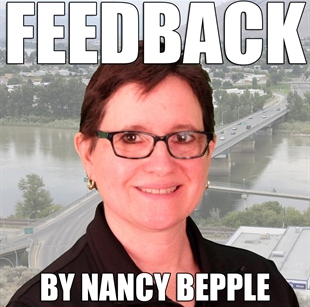
Image Credit: Compilation/Jennifer Stahn
April 02, 2015 - 7:20 AM
We are bombarded daily by tales of war and horror in the Middle East. In Syria, Iraq, Egypt, Palestine, Israel and other countries, there are causalities. There is also conflict and strife in other places in the world like Nigeria, Ukraine, and Colombia. Every year, worldwide, about 250,000 people die in armed conflict. Most of these conflicts are within a country, rather than between two states. More often than not, it is civilians, not soldiers or rebels, who are the fatalities.
With ongoing news of war, what is often forgotten is that UN Peacekeepers are ensuring peace in many places around the world. There are currently UN peacekeepers in Haiti, Côte d'Ivoire, Kosovo and many other locations. Peacekeeping works. Places which once had wars, such as Cyprus, East Timor, and the Former Yugoslavia are now peaceful, and, sometimes for decades were assisted by the UN Peacekeepers to keep peace.
The Suez Crisis in 1956 was a war between Israel and its allies the United Kingdom and France with Egypt and its Middle East allies. In 1957, it was Canadian Lester B. Pearson who brokered a truce and then suggested a peacekeeping force to oversee the truce. The multi-national force went on to become the famous Blue Berets of the United Nations. Pearson is credited for creating modern-day peacekeeping and was awarded the Nobel Peace Prize for his work.
Canadian Forces has served in 33 international UN peacekeeping missions including the Middle East, Somalia, the former Yugoslavia, and the Democratic Republic of Congo. Canada’s significance on the world stage grew significantly because of its effective leadership in UN peacekeeping.
But UN peacekeeping is no longer a priority for Canada. Canada has abandoned its peacekeeping role. In recent years, Canada has chosen to deploy more and more of its military personnel outside of Canada in military operations rather than peacekeeping.
In 1990, one in ten UN peacekeepers were Canadian. Currently, of the nearly 105,000 UN peacekeepers, only 113 are Canadian. That means just one in 1,000 UN peacekeepers are Canadian. Some argue it is because it costs too much to deploy peacekeepers from rich countries like Canada. But many other well-off countries contribute more peacekeepers than Canada. Italy contributes 1,123, France 922, the Netherlands 592 and Spain 591.
Going forward, I hope Canada returns to being a leader in peacekeeping. Creating lasting peace in areas of conflict should be a priority for Canada. Dropping bombs, shooting at enemy combatants or training allies’ forces may weaken the other side, but it will not ensure peace continues once the gunfire has stopped.
— Nancy Bepple is a recovering politician and local news junkie. She expects she will never recover from her love of the banjo.
News from © iNFOnews, 2015